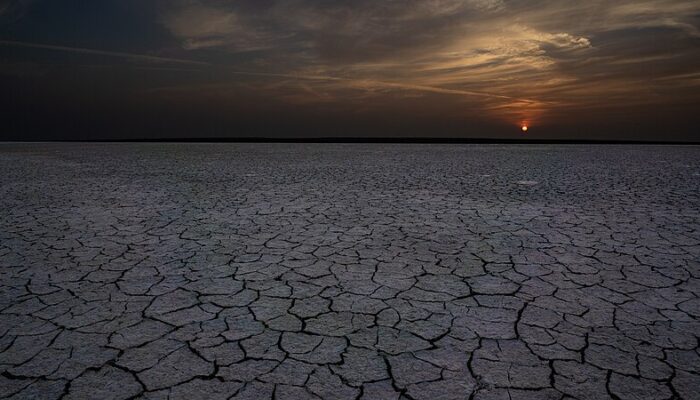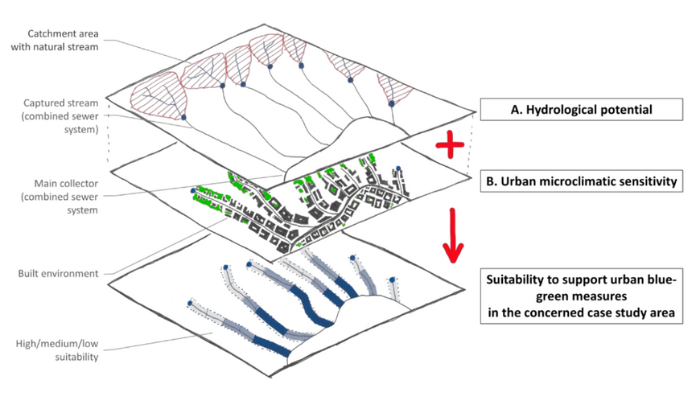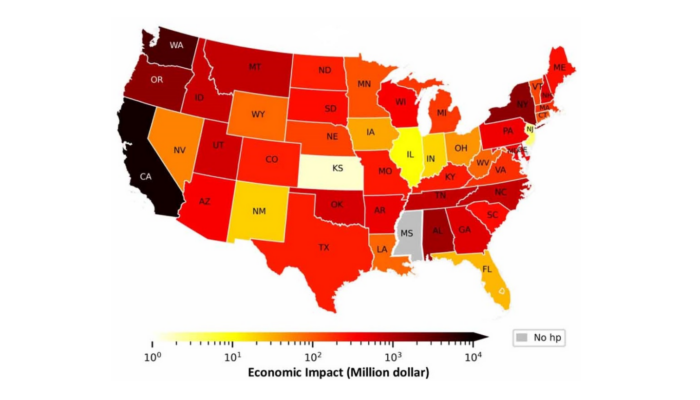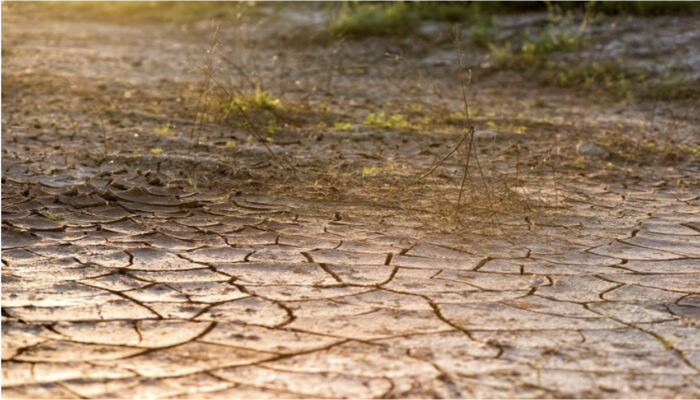When we think of hydropower, its environmental impacts usually comes to mind: the dams that disrupt ecosystems, the water bodies that shift, the surface evaporation that increases, and the greenhouse gases that escape from reservoirs1. Hydropower, for all its clean energy potential, is not without its environmental baggage, whether on local water resources or the global surface water storage. But ...[Read More]
The water crisis in Bengaluru, India, and its direct link to the degradation of the city’s lake system
In the heart of India’s rapid urban expansion, Bengaluru city’s escalating water crisis reveals a direct connection to the deteriorating health of its lake systems, once the lifeline of this burgeoning city. Bengaluru has an area of about 741 sq km and a population of 13.6 million (2023) and has been historically celebrated as the “city of lakes.” These lakes are interconnected with canals/ ...[Read More]
Thirsty Earth: a multiplayer online game for water resources education and research

The Rising Need for Interdisciplinary Literacy The sustainable management of water resources requires cooperative institutions whose development are rarely included in already overloaded engineering and earth sciences curricula. The resilience of such institutions in the context of climatic and demographic change is also poorly understood. Enter “Thirsty Earth,” an online open-access m ...[Read More]
Urban streams can provide water sources for climate change mitigation

With advancing climate change, mitigation measures are necessary to fight urban heat islands. Reactivating urban streams as blue-green infrastructures can contribute to this mitigation, and serve as an invaluable water resource. Urban streams – banned to the underground In urban areas, hydrological conditions have been modified, impacted or completely changed for centuries. Rivers and stre ...[Read More]


